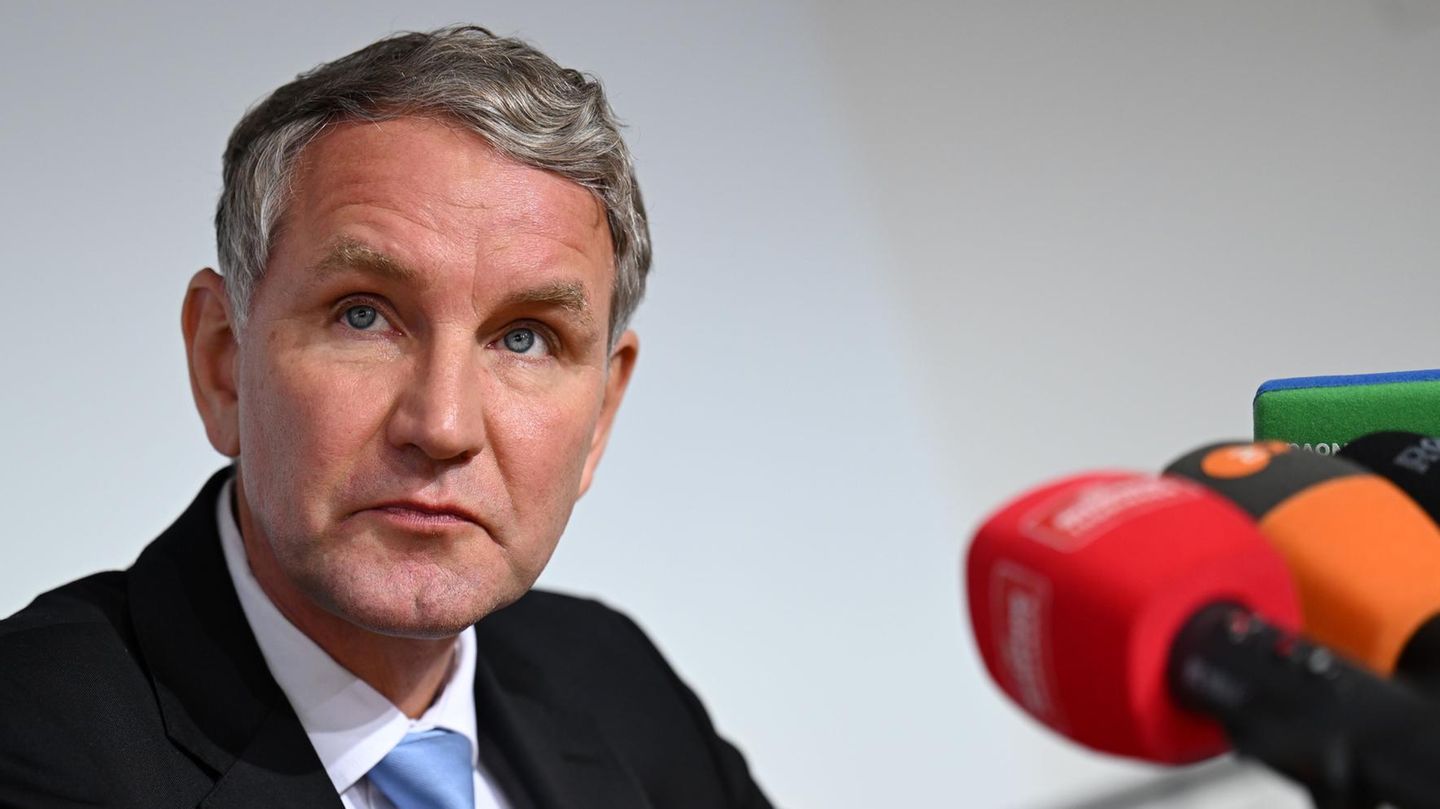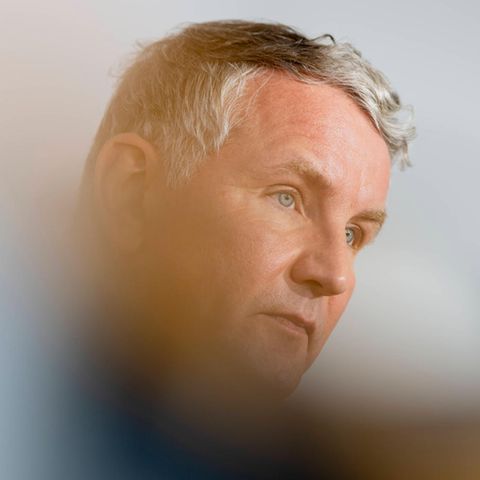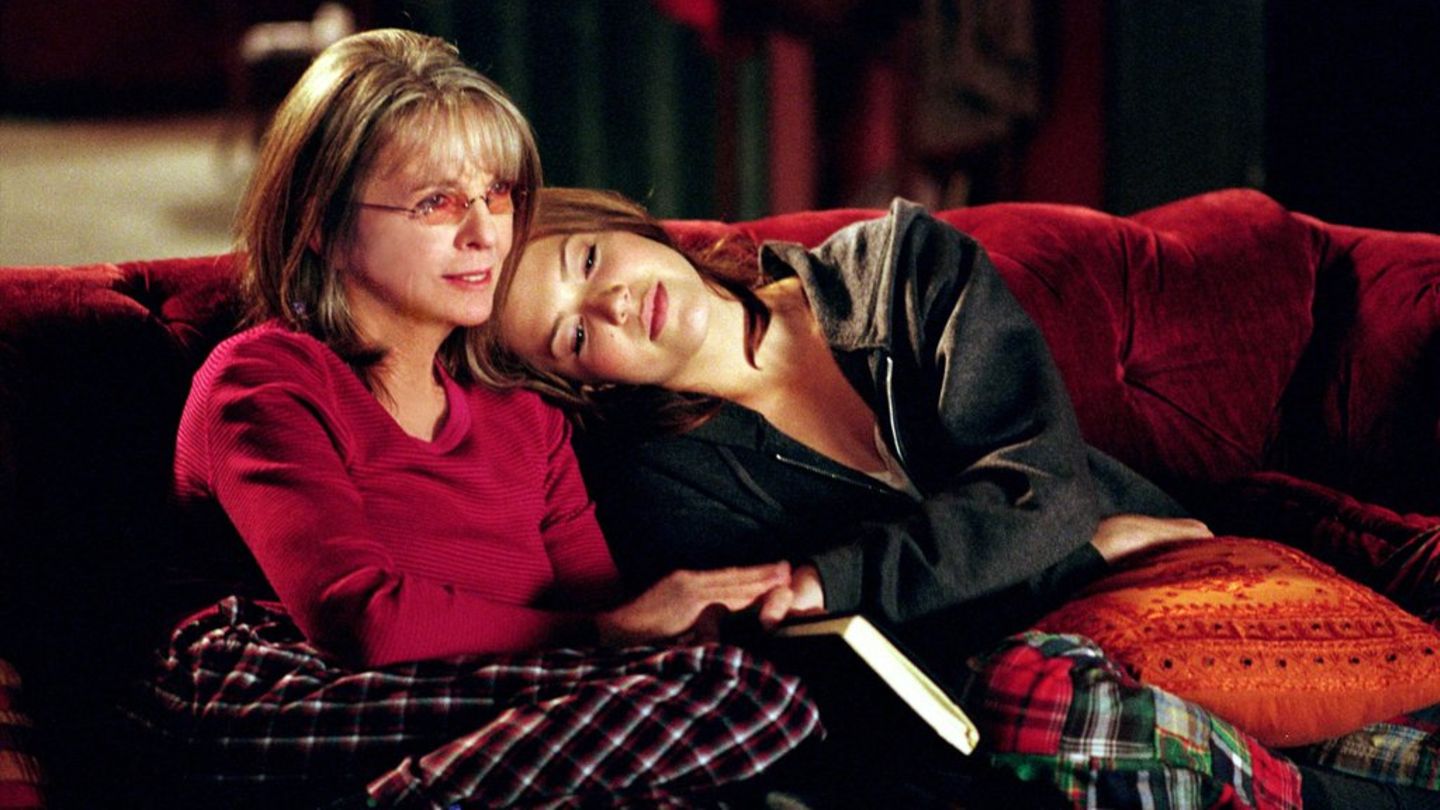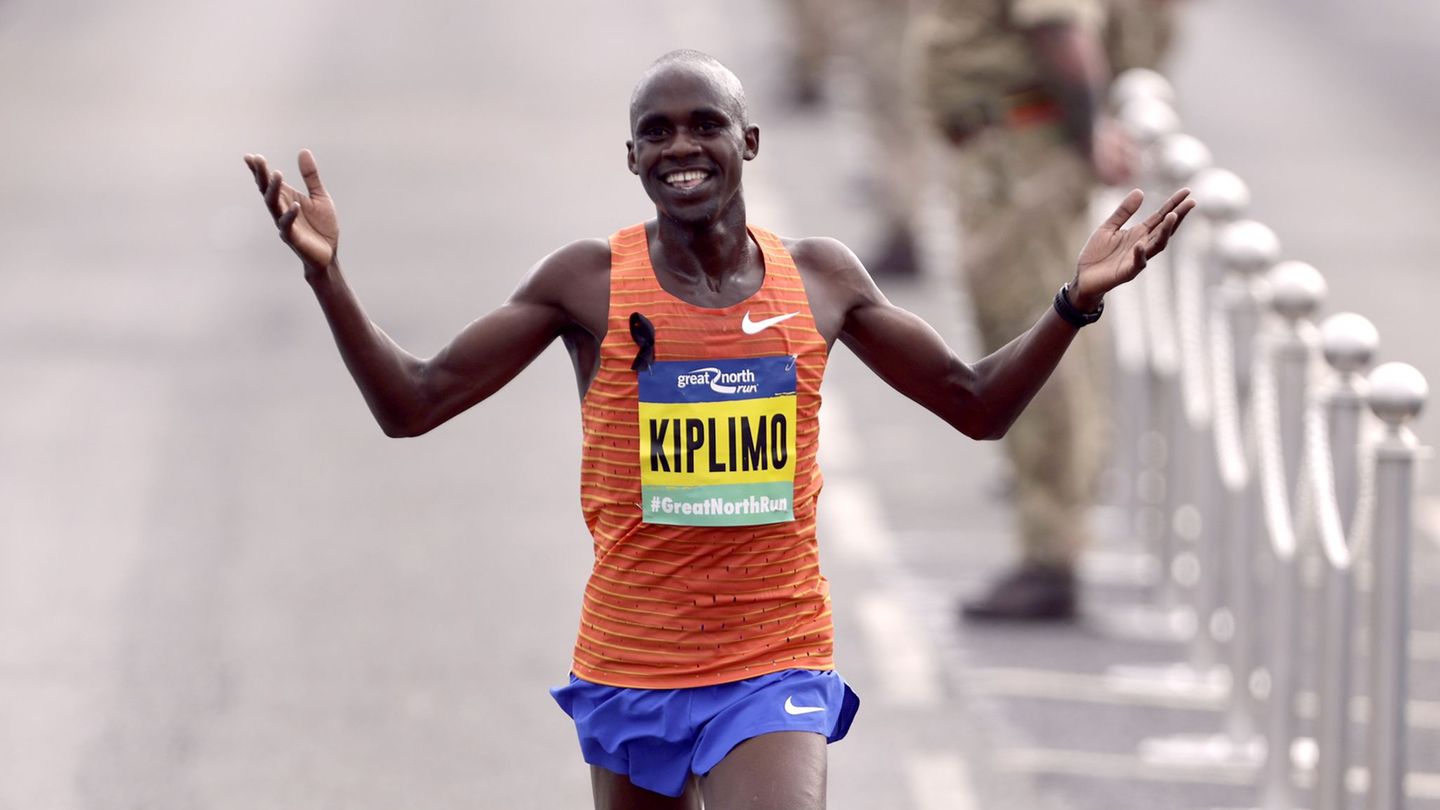AfD
Höcke: Trapped in Thuringia
Copy the current link
Björn Höcke has been head of the Thuringian AfD for eleven years – and remains so. But his influence in the federal government is dwindling, and even at home there are rumblings. What is the man up to?
Arnstadt again. Once again the Thuringian AfD has gathered in the small district town near Erfurt. And once again, of course, the eternal state chairman is there.
Björn Höcke smiles as he walks through the entrance to the former brewery on Saturday morning. He greets jovially in all directions, chats here, jokes there. He gives a friendly punch to the side of a journalist who, as Höcke says, wrote a “terrible article” about him.
Höcke asserts that the fact that he spread an anti-Semitic caricature online was just a stupid mistake. He couldn’t see the image clearly, his eyesight was failing and his glasses didn’t have the right prescription.
That’s typical Höcke: provoke, then put things into perspective. Otherwise, the head of the country obviously feels pretty good. This is his Thuringia, his bastion of power. He has now spent eleven of his 52 years at the head of the local AfD and has led the parliamentary group in the state parliament for ten years.
And this is how it should continue for the next few years. The faction, which has grown significantly, recently confirmed him in office. Now the state party conference will appoint him as chairman again.
What is more interesting is what Höcke is not running for in Arnstadt. Stephan Brandner, who also serves as deputy federal chairman of the AfD, is once again running for first place on the state list for the federal election. Co-country chief Stefan Möller is applying for second place.
And Höcke? As in the 2017 and 2021 federal elections, he publicly flirted with the top candidacy. But just as he never dared to apply for the federal executive board, this time too he decided not to take the long-overdue career step into national parliament. Björn Höcke is trapped in Thuringia.
Bond with the KPD: “Whoever votes for Merz, chooses war”
The speech that he delivers on the stage, which is decorated in party blue and black, red and gold, consists of the well-known set pieces. He complains about a new “two-party system” in which the AfD stands alone against “the cartel.” He complains about an alleged “deep state” and the “politicization of the judiciary.” And he attacks the Union and its candidate for chancellor (“Whoever votes for Merz, chooses war”).
Of course, the history teacher Höcke, who is on leave, probably knows the KPD slogan from 1932, which read: “Whoever votes for Hitler is voting for war.” This too: typical Höcke.
Almost as a matter of duty, the state leader once again attacks the newly elected Prime Minister Mario Voigt as the CDU’s “gravedigger” and accuses the coalition partner BSW of having “simply betrayed the message of peace.” But as harsh as the attacks are, they cannot cover up Höcke’s problem: the CDU governs – and he doesn’t. Even the record result of 32.8 percent that his AfD achieved in the state elections in September only puts him in opposition for another five years.
Björn Höcke is now the physical guarantee that the AfD, unless it wins an absolute majority, will be denied participation in government, in Erfurt, but also in Berlin. His right-wing extremist course attracts votes, but turns out to be a political dead end. He himself is considered a pariah in many places.
In Arnstadt, Höcke comes full circle
In the Arnstadt brewery, Höcke has come full circle. It was almost ten years ago when he presented the “Erfurt Resolution” here. That was in March 2015, and Höcke had recently led the AfD into the state parliament for the first time.
The resolution became the founding document of the right-wing extremist network “Der Wing” – and a declaration of war on the then party leader Bernd Lucke. The AfD should not become a “technocratic party,” the paper said. Instead, it must be a “resistance movement against the further erosion of Germany’s sovereignty and identity.”
“The Wing” became Höcke’s vehicle of power. Together with the Brandenburg state leader Andreas Kalbitz and the publisher Götz Kubitschek, who co-authored the resolution, he pushed the party further and further to the far right. Anyone who stood in the way was dismantled. First Lucke fell, then Frauke Petry, who had unsuccessfully initiated expulsion proceedings against Höcke.
The Thuringian state chief always operated from behind, from Thuringia. At the “Kyffhäusermeetings” of the “wing” he celebrated his impact. When he spoke of the AfD as “the last evolutionary chance for our fatherland,” he was primarily referring to himself.
Weidel wants to make the AfD compatible
But the gap between expectations and reality continued to grow. The “wing” had to be dissolved under pressure from the party leadership and Kalbitz was banned from the party. At the most recent federal party conference in Essen, Höcke hardly played a role. There were also condemnations and internal disputes, and even the Thuringian regional association was recently rumbling loudly.
For many younger people, who often behave in equally extreme ways, Höcke has done his duty. The same applies to chairwoman Alice Weidel, who once only came to terms with the “wing” out of necessity. She wants to make her party compatible by the 2029 federal election – and meant to Höcke that he could not expect a leadership position in Berlin.
So the bastion of Thuringia remains. Here Höcke is the chairman of the largest parliamentary group in the state parliament, which has more than a third of the seats and thus a blocking minority. It can block anything that requires a two-thirds majority, from judicial elections to constitutional changes to the self-dissolution of parliament.
“Nothing will get past the AfD in the next few years!” shouts Höcke in Arnstadt. “We’re going to put the pressure on!”
And at the end a little peace
And finally, at the end of his speech, he had a surprise in store: a new resolution. This time it’s not against your own party leadership, but rather about world peace. As with the declaration of the “wing”, the members who were not asked beforehand should agree by acclamation.
Höcke seems almost moved when he presents his view of the Russian war of aggression against Ukraine on stage. “America does not want to give up its supremacy in Europe and is forcing its ‘allies’ to take sides,” he reads from the text. In contrast to the BSW, the AfD does not submit to the “war rhetoric of the cartel parties” and is committed to “regaining Germany’s sovereignty”.
The resolution, says Höcke, has been translated into English and Russian and the party will send it to “our American friends” and “our Russian friends.” The members in the room obediently stand up and clap, which Höcke promptly interprets as a resolution.
And so, in the Arnstadt brewery, big politics is once again being attempted. Or as the eternal state leader Björn Höcke puts it: “Wherever Thuringia is, it’s ahead!”
Source: Stern
I have been working in the news industry for over 6 years, first as a reporter and now as an editor. I have covered politics extensively, and my work has appeared in major newspapers and online news outlets around the world. In addition to my writing, I also contribute regularly to 24 Hours World.





